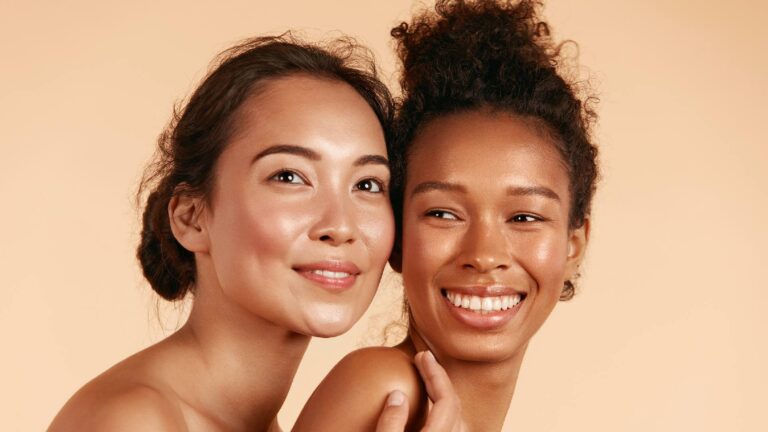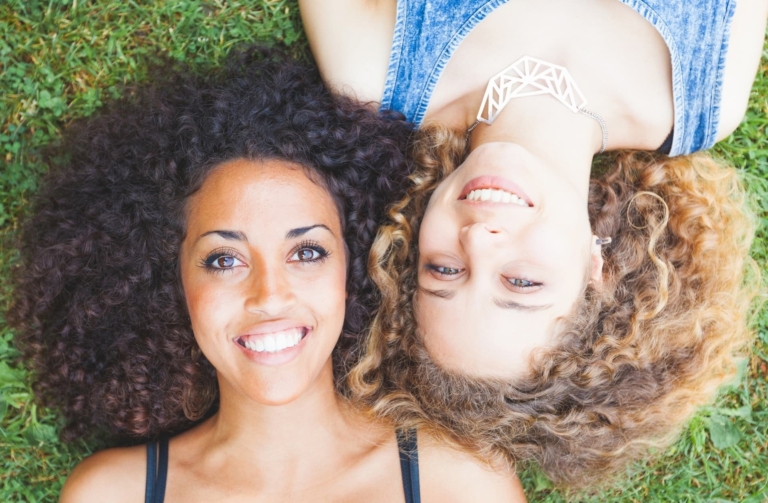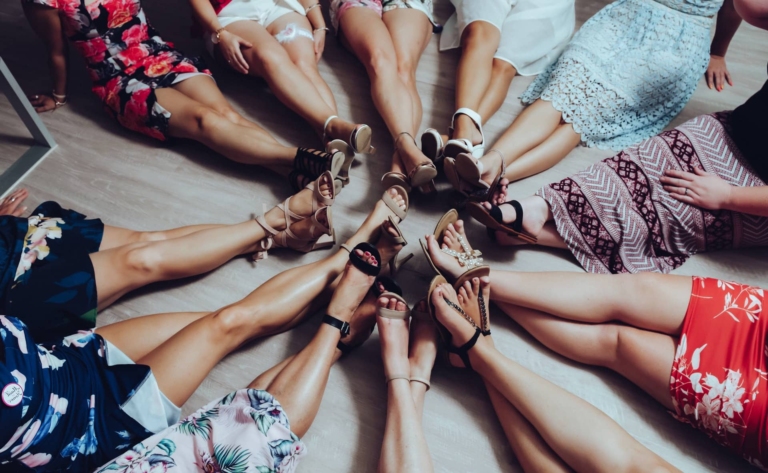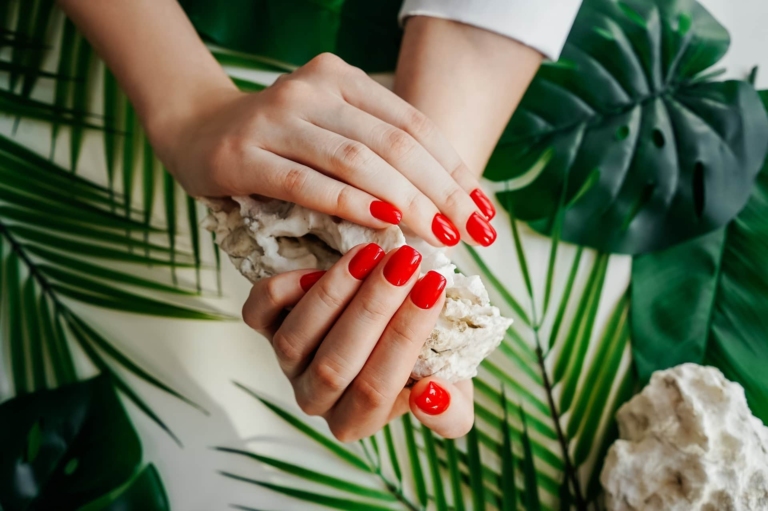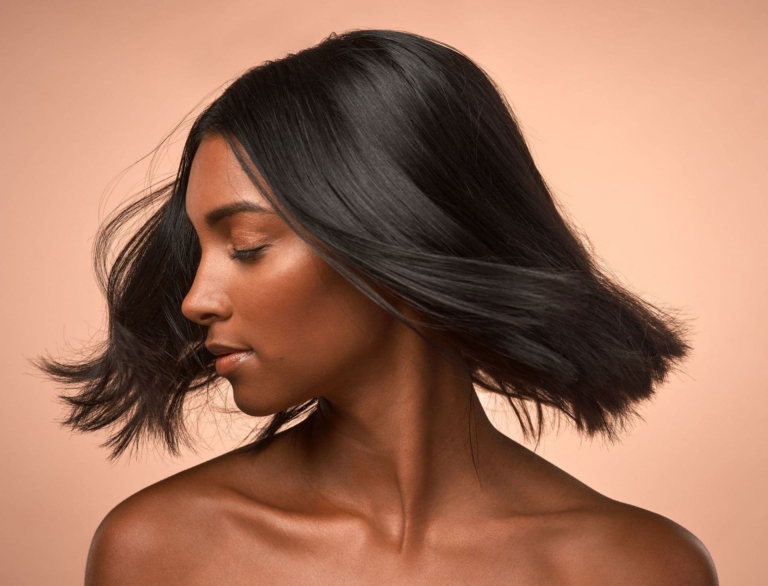Ylang Ylang essential oil and its benefits
Ylang-ylang oil has calming and relaxing properties.
It reduces nervous system excitability and promotes sleep.
Lowers blood pressure and regulates heart function.
Balances hormone levels, accelerating recovery of psychophysical balance after Caesarean section and in postnatal depression.
Regulates the work of the sebaceous glands, making it recommended for both oily and dry skin.
It reduces greasiness and hair loss and stimulates hair growth.
Speeds regeneration of damaged nails and split ends.
Helps in cases of food poisoning.
Stimulates hair growth and is therefore a hair tonic ingredient, reduces hair loss, helps in the treatment of seborrhea, as it regulates sebum secretion and helps restore damaged nails and split ends.
This essential oil has been shown to help regulate sebum production, an oily substance secreted by the sebaceous glands to protect hair and skin from drying out.
It has many cosmetic uses.
The health benefits of ylang ylang essential oil can be attributed to its anti-depressant, anti-seborrheic, antiseptic, aphrodisiac, anti-stress and sedative properties.
It is also used to reduce high blood pressure.
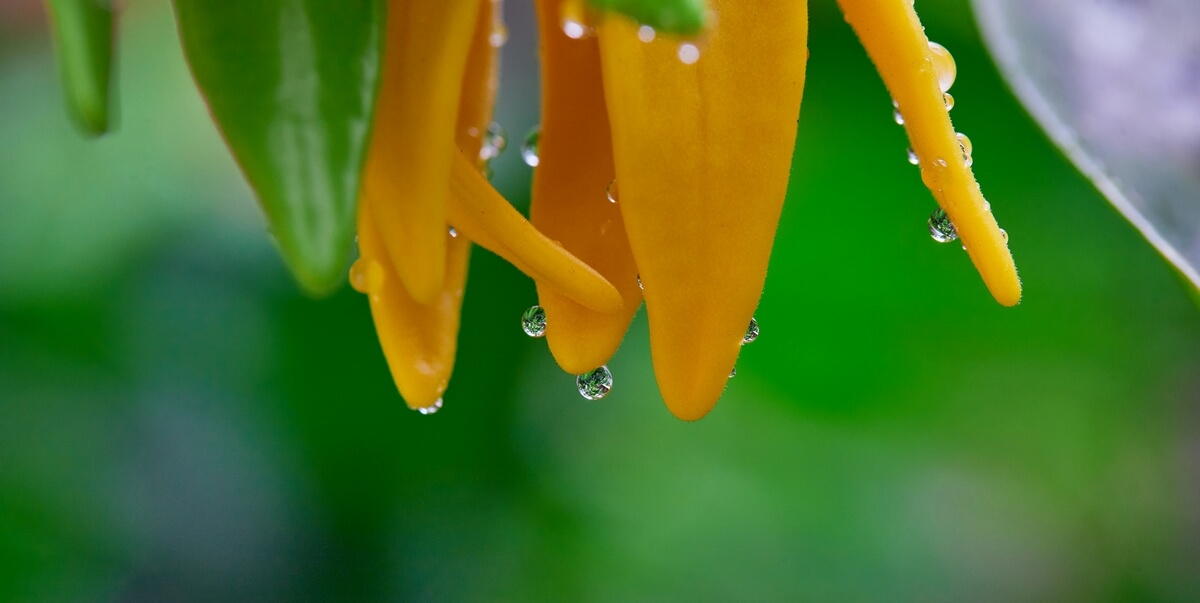
Ylang-ylang oil for hair and nails
Do you have problems with oily hair, dandruff or itchy scalp?
Ylang-ylang oil may be the perfect remedy for these problems.
You can use add it to your shampoo or conditioner.
The oil’s antiseptic properties reduce inflammation and irritation caused by the fungal colonies that cause dandruff.
Ylang-ylang oil also protects hair from harmful UVA/UVB rays, so it’s worth using in summer.
The oil will strengthen weak and damaged hair and nails.
You can massage it into the nail plate with a conditioner or cream to moisturize your cuticles and care for your hands.
Ylang-ylang tree
Ylang-ylang oil is extracted from the flowers of the evergreen Kananga tree, also known as the perfume tree or king of perfumes.
It is a semi-wild tree with brittle wood.
It reaches a height of around 20 meters.
It has delicate overhanging branches and long, glossy leaves.
It is native to tropical Asia, and also grows in Indonesia, the Philippines, Madagascar and Union Island.
The flowers, in clusters of 2 to 4, are pink, violet or greenish yellow.
It is from the latter that the best oil is extracted.
The extraction method
Ylang-ylang oil has an exceptionally beautiful floral fragrance for a ready-to-use perfume.
It is obtained by steam distillation of the flowers.
The distillation process takes place gradually.
The oil obtained at the beginning is called extra.
In the hours that follow, first-, second- and third-class oils are obtained.
Ylang-ylang oil has a pale yellow color and a sweet, sensual fragrance of spices with exotic floral notes.
It has a strong effect on the senses.
The main constituents are benzoic acid, fernesol, geraniol, linalool, benzyl acetate, eugenol, linalyl acetate, linalyl benzoate, safrole, cadinene, caryophyllene, cresol and pinene.
Effects of ylang-ylang essential oil:
- Antidepressant
- Antiseptic
- Anti-infectives
- Tonic
- Deodorant
- Aphrodisiac stimulant
- Regulates blood pressure
- Improving mood
- Restoring balance to the nervous system
- Anti-seborrhea
Ylang-ylang essential oil for your body:
- Lowers blood pressure
- Helps people with heart palpitations
- Balances hormone levels
- Has a beneficial effect on the reproductive organs, regulates uterine functions
- Maintain skin hydration
- Suppressing and supporting acne treatment
- Promote hair growth
- Acts as a natural hair conditioner
Mental and emotional state:
- Relaxes the central nervous system
- Help for post-partum depression
- Reduce psychological resistance
- Regulates nervous tension
- Normalizes adrenaline levels
- Dispels anxiety
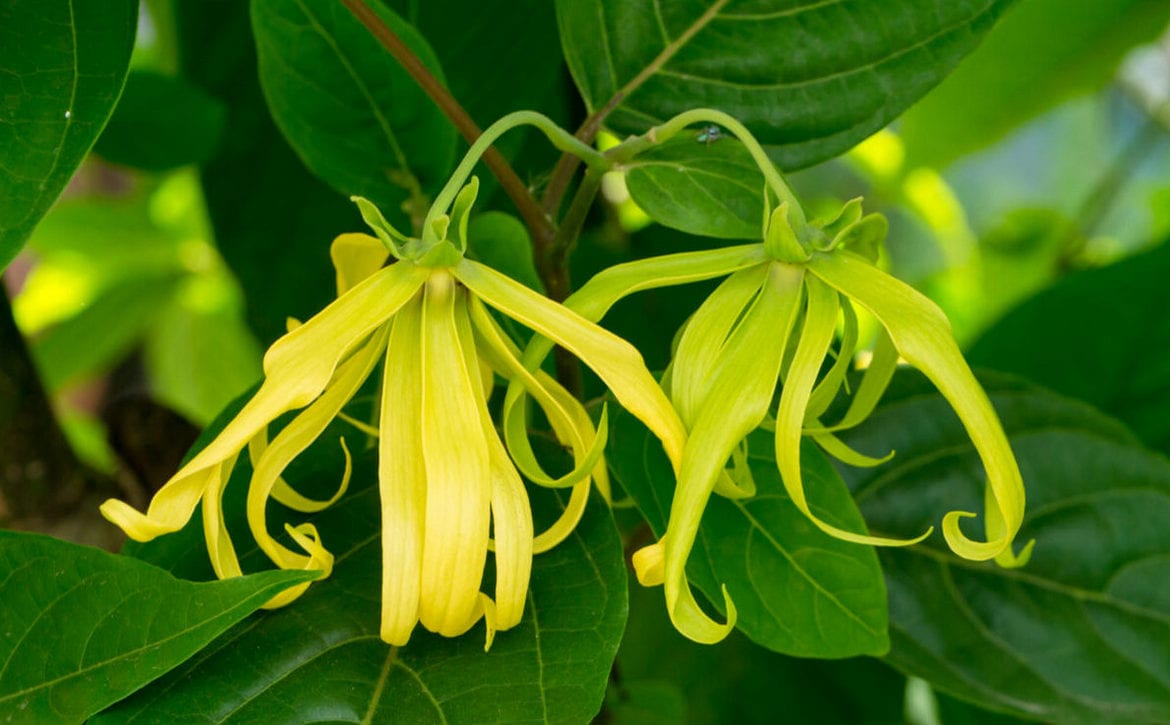
Uses and combinations
In its native regions, the fragrant berry is known as an aphrodisiac and is a popular decoration in newlyweds’ bedrooms on their wedding night.
Ylang oil is mainly used for its aroma, but it hides many benefits that not everyone is aware of.
Ylang oil has medicinal properties, showing antibacterial, anti-seborrheic, antidepressant and soothing effects, among others.
It also has beneficial effects on the nervous system, circulatory system and heart function.
What else do I need to know about ylang oil?
Apply the oil to your face, incorporating it into your favorite serum or face cream, and to your hair, use it with your shampoo or conditioner, or use it as a rinse.
For a relaxing bath, use around 15-20 drops.
For a massage, use 2 to 6 drops of oil diluted in a tablespoon of coconut oil, for example.
Ylang-ylang oil also works well with orange, bergamot, lemon or grapefruit oil.
Properties of ylang ylang essential oil
Ylang ylang essential oil is best known for its aromatherapeutic properties, i.e. its intense, floral fragrance that has a positive effect on mood and stimulates the nervous system.
This scent helps relaxation and stimulates the senses, thanks to which it has an antidepressant effect and increases libido.
For this reason, ylang oil therapy is recommended for the chronically stressed and tired, as well as for those suffering from low mood and anxiety.
In cosmetics, ylang ylang oil is used to treat acne and problem skin.
It has antibacterial and moisturizing properties, accelerates wound healing and effectively combats unsightly scars and stretch marks.
What’s more, the aroma of ylang-ylang oil has a hypotensive effect on the circulatory system, lowering and regulating blood pressure.
Couples experiencing a decline in sexual activity in their relationship are also encouraged to utilize the benefits of this oil.
The sensual fragrance of ylang ylang essential oil has a positive influence on relaxation and introduces a magical, exotic atmosphere into the bedroom.
The fragrance of ylang ylang oil
Extracted from the flowers of the ylang ylang tree, the oil is known for its floral and spicy, slightly heavy aroma.
To create a special atmosphere, the scent of ylang ylang oil can be diffused around the home using a diffuser or humidifier.
If you want to improve the quality of your sleep, relax and reduce muscular tension, it’s best to spray ylang oil in the evening hours.
After a hard day’s work, the aroma of this flower is the perfect accompaniment to a relaxing bath, massage or meditation.
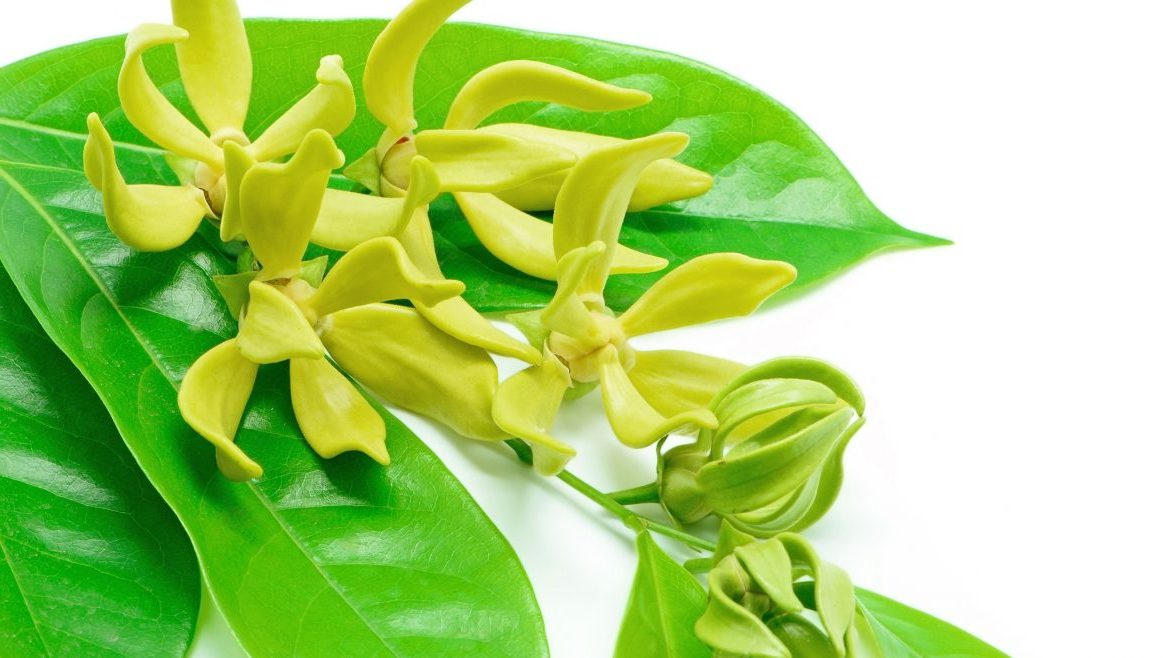
Using ylang ylang essential oil
Ylang ylang essential oil is perfect for a full-body massage in combination with a massage oil.
It’s also a good idea to add a few drops of ylang ylang essential oil to your linen.
This will keep your clothes smelling fresh for a long time, and sleeping in bedding scented with this oil will be soft and regenerating.
Berry flower oil is irreplaceable in hair and nail care.
It gives them a healthy shine and intensely moisturizes them.
It can be used as a hair rinse or as an addition to shampoo or conditioner.
In addition, ylang ylang oil protects against UVA and UVB rays.
Used on skin and hair, it protects against dryness and sun damage.
Do not apply concentrated ylang ylang oil undiluted to the skin, as this may cause irritation.
Ylang ylang essential oil is suitable for external use, but not for consumption.
Interesting facts
The name ylang-ylang means “flower of all flowers” in Malay.
It comes from alang ilang, meaning “flowers swaying in the wind”.
In the Pacific islands, ylang ylang oil combined with coconut oil is commonly used for hair care, body care and as a remedy for fevers and infections.
In 19th-century Europe, it was popular to use an oil called macassar, which included ylang oil, for hair care.
In Indonesia, ylang-ylang petals are scattered on the bed of newlyweds.
Caution: Despite its delicate fragrance, ylang ylang oil has a very powerful effect, so use no more than two drops per treatment.
Excessive use may cause headaches and nausea.
Ylang ylang oil is for external use only.
Never allow to come into contact with the eyes.
“One of my biggest dreams is that my company will be able to change the course of one family’s life, one child at a time by giving back to the community.”


